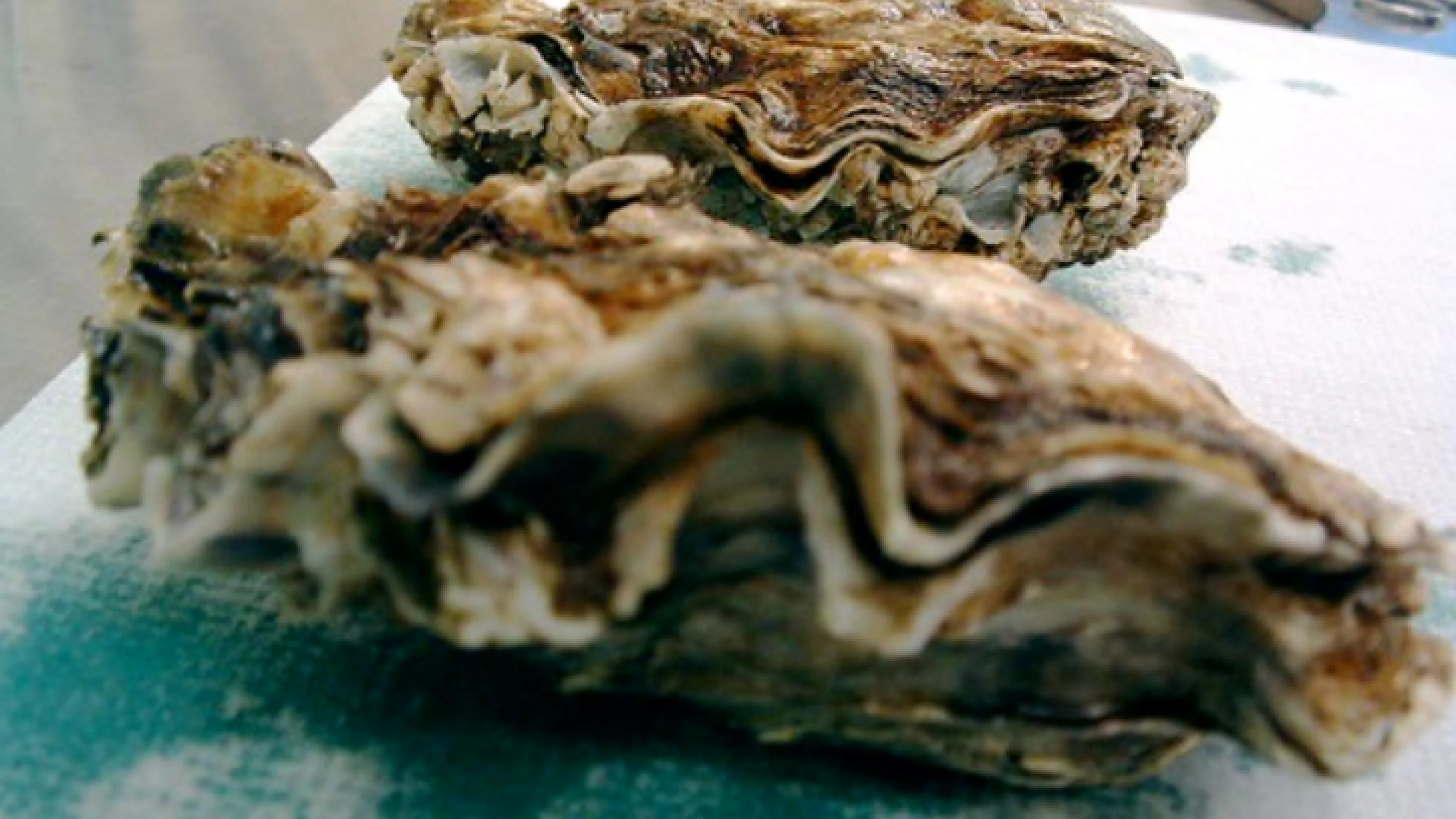You’re reading the web version of our email briefing on health policy, science and medical news. Sign up to get the next one.
I like oysters. They’re delicious, squishy animals that live in hollow rocks.
We don't eat other raw shellfish, but oysters are an odd exception. While raw milk has become stigmatized (even politicized), raw oysters persist in elite food culture, their romanticization seemingly blunting our collective risk-assessment.

Oysters are filter feeders. They pull in and concentrate whatever’s in their water, including human waste and pathogens.
Since 2019, there have been 39 recalls of Canadian oysters. Fourteen are linked to Baynes Sound on Vancouver Island, where human sewage from old septic systems and boats contaminates oyster beds. Many of these recalls are explicitly due to norovirus.
This isn’t just a B.C. problem. Oyster-linked norovirus outbreaks have been rising on the East Coast too. More than 550 people were reported ill after the P.E.I. shellfish festival last year.
Given that many festival attendees were tourists who then went home, it's likely the event seeded outbreaks elsewhere.
Norovirus has an estimated R₀ of ~2–7, meaning each sick person typically infects at least two others, putting it in the same league as highly contagious respiratory viruses.
The 2024–2025 winter season was one of the heaviest on record for norovirus. Many commentators framed the surge as simply “a return to normal after COVID,” a line repeated so often it became folk wisdom. But this has since been debunked: the scale of outbreaks far exceeds pre-pandemic baselines, and a known driver is actually sewage-contaminated oysters.
In response to the P.E.I. festival outbreak, provincial guidance focused on refrigeration and food-service hygiene. Norovirus survives refrigeration, and the recommendations didn’t address sewage dumping, aging infrastructure, or the fact we eat oysters raw.
Read more…

Research following nearly 25,000 Taiwanese people from 2008–2022 found that repeated heatwaves age the body, with comparable effects to smoking and drinking.
Researchers estimated each participant’s cumulative heat exposure from their address, then calculated biological ages from routine labs.
More heat = older biology. For each 1.3 °C of added heat exposure, people aged an extra 8–11 days. Effects had a strong socioeconomic link. With heatwaves growing more frequent in North America, the findings point to the need for expanded cooling access, labour protections, heat-safe housing, and urban shade initiatives.
Read more…

The number of temporary foreign workers (TFWs) in Canada’s healthcare sector has shot up from about 3,200 to 57,500 in 2022.
Most TFWs are concentrated in Ontario, B.C., and Quebec, increasingly in nursing and long-term care. By 2022, TFWs accounted for nearly five per cent of workers in nursing homes, and almost eight per cent in home health care.
While Ottawa has actively recruited internationally trained workers, precarious work permits leave many vulnerable to exploitation, with implications for worker and patient safety.
Read more…

Nineteen-year-old Rheanna Laderoute died of sepsis at Southlake Regional Health Centre in 2022, days after seeking emergency care for complications following a medical abortion.
She made three ER visits with escalating pain, foul discharge and unstable vital signs. She waited hours for IV antibiotics. By the time she was admitted to intensive care, it was too late. Nurses documented their repeated pleas for her ICU transfer.
On Rheanna’s second ER visit, Dr. Marko Duic discharged her with Percocet and oral antibiotics despite clear signs of peritonitis. Duic has a long history with the CPSO.
Since at least 2009, Duic had been flagged by the College for poor documentation, incomplete exams, and inappropriate opioid prescribing. He was never disciplined.
In 2018, the Globe detailed allegations against him of gender discrimination in hiring and questionable billing practices, including tactics colleagues said inflated his billings. CPSO took no decisive action.
After Rheanna’s case, the CPSO found Duic committed professional misconduct and that his care showed a “lack of knowledge, skill, and judgment.” His license was suspended for three months. He resigned shortly after.
On Rheanna’s third ER visit, nurses recorded “constant refusal” from ICU physician Dr. Albert Chang to admit her, even as her body entered septic shock. Their requests for a central line to deliver lifesaving medications were brushed off. The College of Physicians and Surgeons of Ontario has since issued a warning to Chang.
Read more…
That’s all for today.
Cook shellfish, question easy answers, and take care of yourselves and each other.
See you in a week with a fresh batch of uncomfortable facts.
Nick Tsergas, Editor
Canada Healthwatch
[email protected] | canadahealthwatch.ca
Stay informed.
On the most important developments in Canadian health.
Get Canada’s essential briefing on health policy, science, and system change. Get Briefing